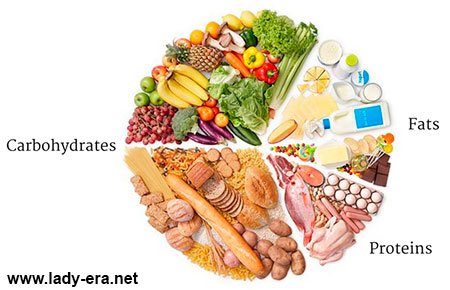What Are Macronutrients and Micronutrients?
To remain healthy, you should make sure your body receives enough nutrients, including macronutrients and micronutrients. So, what are they and how much of them should you consume daily to ensure the good condition of your body?
About MacronutrientsThere are three types of macronutrients, including the following:
- Fats;
- Protein;
- Carbohydrates.
Each of these elements is responsible for certain functions in the body, and all of them are our energy suppliers. They are different, and your nutrition should include all of these macronutrients. Moreover, they should be present in your diet in a large amount to ensure development, growth, and repair.
Generally, each food contains a certain amount of macronutrients, but it is important to know which ones contain enough for you. Let’s find out what each of them is needed for.
Role of FatsYour daily nutrition should include about 15-20% of fats. They are essential for cell functioning, brain development, and generally, for protecting your organs. These useful macronutrients can be found in many foods, including walnuts, almonds, seeds, olives, and avocados.
 Importance of Proteins
Importance of Proteins
Proteins are those small doctors in our body that help to repair and regenerate cells and tissues. They are important for the immune system as well as for ensuring the normal production of hormones. One of the most vital treasures of proteins is amino acids. The following foods contain a good amount of protein: legumes, beans, pulses, seeds, nuts, avocado, quinoa, raw greens, and beets.
What Carbohydrates DoCarbohydrates are the source of glucose required by the body to produce enough energy. That is why your daily nutrition should consist of about 45-65% of carbohydrates. The following are the products that are recommended to include in your diet: bananas, apples, carrots, cauliflower, brown rice, chickpeas, oats, quinoa, millet, and kidney beans.
About MicronutrientsThere are two types of micronutrients: vitamins and minerals. You do not need lots of them to maintain good health condition. Mineral deficiencies are dangerous for causing a range of health problems in children and adults. There are several minerals important for our body, but they are presented in different foods. That is why your nutrition should be diverse and include such products as dairy, meat, fish, grains, potatoes, beans, fruits, and others.
There are many different vitamins, and to ensure that you get them all you should include the following products in your meals: whole grain bread, vegetables, cereals, fruits, fish, meat, poultry, eggs, nuts, legumes, and dairy products.




